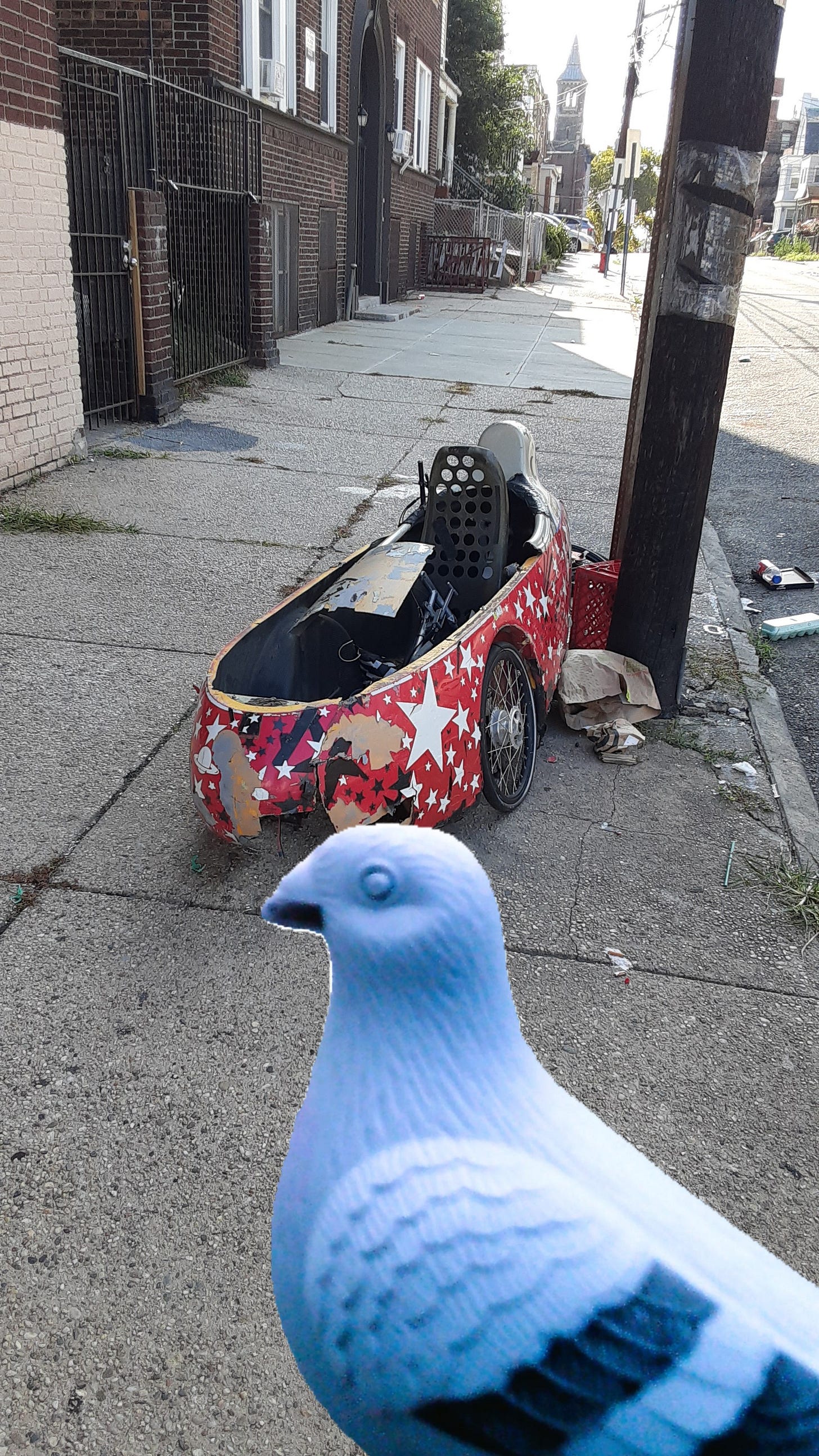Election season post: progressive ride looking rough
On local election and why inequality's so persistent broadly
By D. Menzies
What does it mean to be a progressive in a landscape like this? Locally and nationally.
To write that what it means to be a progressive amounts to “voting for the lesser evil” may seem cynical, but data from research published in the August issue of American Political Science Review speaks to why, if someone believes in or want to see action on long-delayed progress from the disenfranchised on upward, it’s the de facto position.
It’s with this in mind that I’ll offer some thoughts on the weeks-away mayoral race in Jersey City. On the gubernatorial level, Mikie Sherill is the choice that keeps and maybe builds on whatever progress has been made against exclusivity in the land of a few cities surrounded by many towns and suburbs.
At last. More progressive promises ….
When Vermont Sen. Bernie Sanders lost the Democratic presidential primary to Joe Biden in 2020, a unity task force merged some of the former’s more populist (to his younger, lower-income base) policy goals with Biden’s centrism.
It was too obvious Sanders struck a chord with his supporters for the median neoliberal narrative — “let’s get back to capitalism working for the middle-class, kind of!” — to be something those supporters would get behind.



